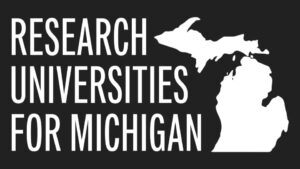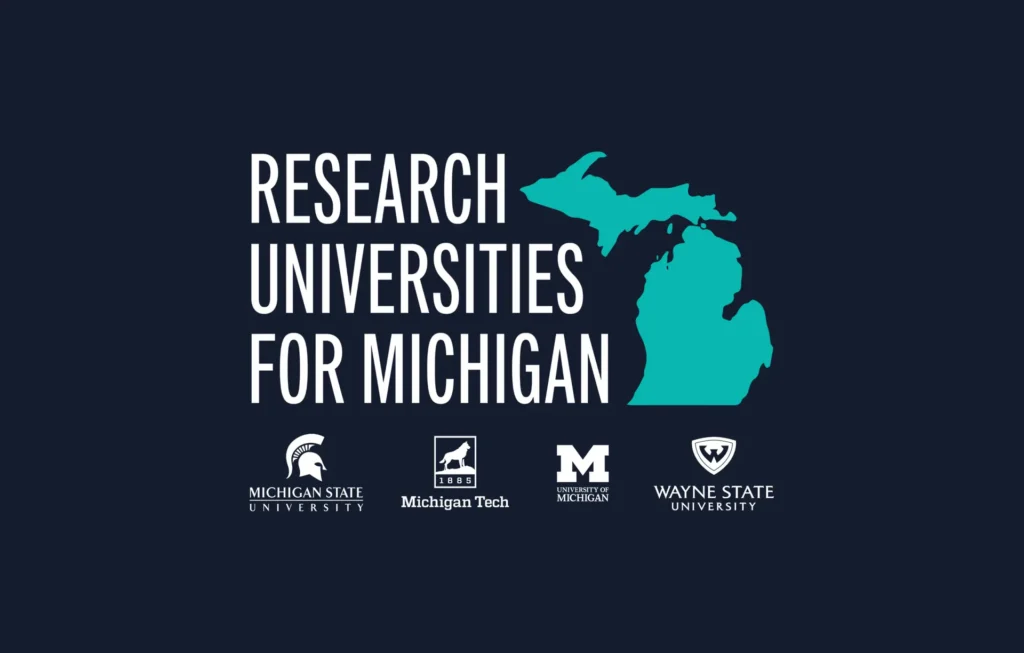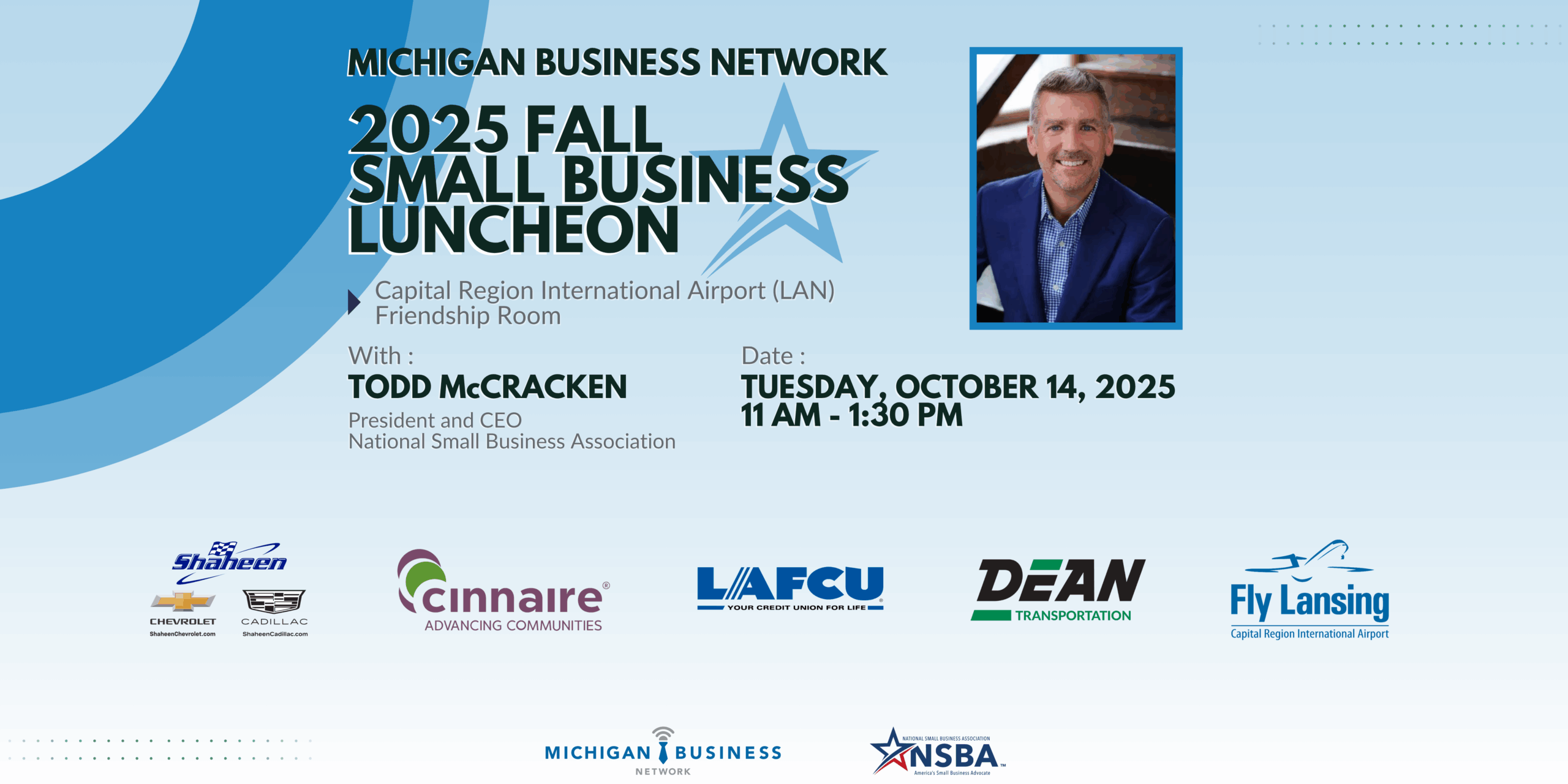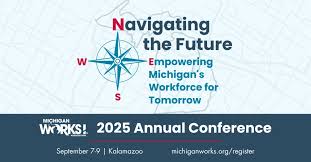
LANSING, Mich. – In recognition of Climate Week and the urgent need to address complex environmental and economic challenges, Research Universities for Michigan (RU4M) is launching the Livable Futures – Water Collaboration Grants initiative. These seed grants, totaling $400,000, will support innovative, interdisciplinary research across Michigan’s four premier research universities to help prepare the state for a resilient and prosperous future.
The Livable Futures Initiative was born from a May 5 summit in Detroit that convened more than 100 RU4M researchers. The event marked a critical step in leveraging the combined innovation and expertise of Michigan State University, Michigan Technological University, the University of Michigan, and Wayne State University to tackle challenges such as changing precipitation patterns, pressures on water and energy systems, and increased risks of flooding and coastal disruption.
Michigan and the Great Lakes region are well-positioned to adapt to climate and demographic shifts, thanks to moderate weather and abundant freshwater resources. The region could see increased population and investment as families and businesses seek reliable access to clean water, energy, and transportation. But seizing these opportunities will require forward-looking solutions and cross-sector collaboration.
“This initiative is about preparing Michigan not just to respond to climate challenges, but to lead in building livable futures for our communities,” said Britany Affolter-Caine, RU4M Executive Director. “By combining the strengths of our state’s top research institutions, we can develop solutions that safeguard our resources, strengthen our economy, and improve lives.”
The water-focused seed grants will fund projects that explore and advance human health, environmental resilience, and community well-being. Research teams are encouraged to address critical questions, such as:
- How can Michigan protect its lakes while meeting increased demand for potable water and wastewater management in growing cities and agricultural sectors?
- What strategies will help manage coastlines and low-lying communities vulnerable to flooding?
- How can Michigan build a resilient “blue economy” that sustains shipping, energy and fisheries while protecting ecosystems?
A total of $400,000 will be awarded in FY26, with five to six projects anticipated. The program is administered by the University of Michigan Office of the Vice President for Research.
- Eligibility: Projects must include at least one investigator from three RU4M institutions; preference will be given to proposals that involve all four.
- Funding: Each principal investigator (PI) may request up to $20,000, with a maximum award of $60,000 to $80,000 per project, depending on the number of institutions involved.
- Priorities: Priority will be placed on interdisciplinary and transdisciplinary projects that incorporate community-based partners. Preference will also be given to tenure-track professors who have not yet attained the rank of associate or full professor.
Proposals will be evaluated based on their significance, innovation, collaboration, stakeholder engagement, and potential to deliver measurable societal impact for Michigan by 2050.
Key Dates
- Program Announced: September 29, 2025
- Submission Deadline (via U-M system): December 1, 2025
- Award Notifications: Week of January 6, 2026
- Project Start Date: February 1, 2026








